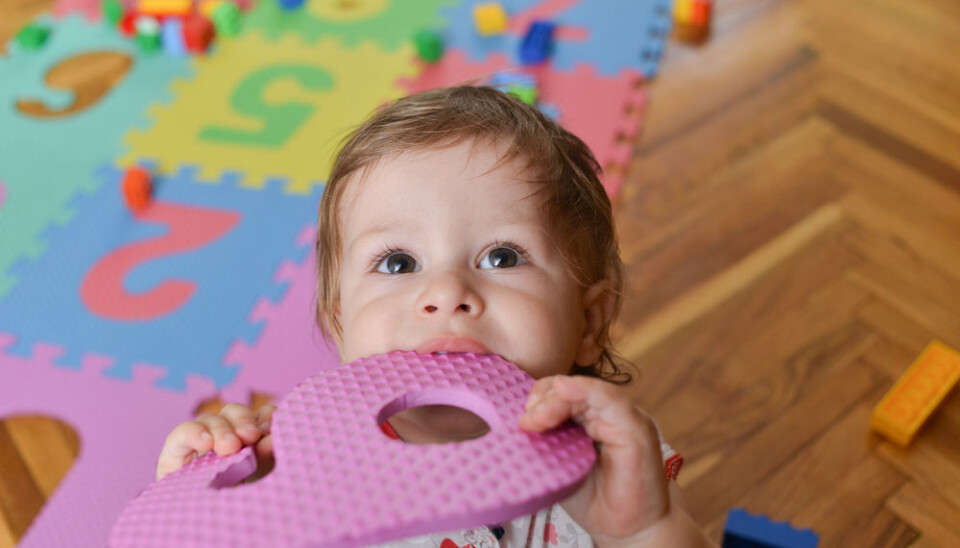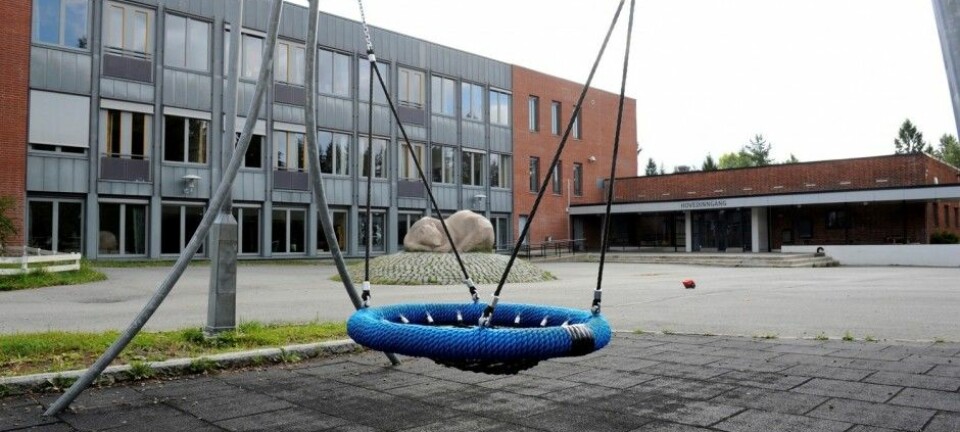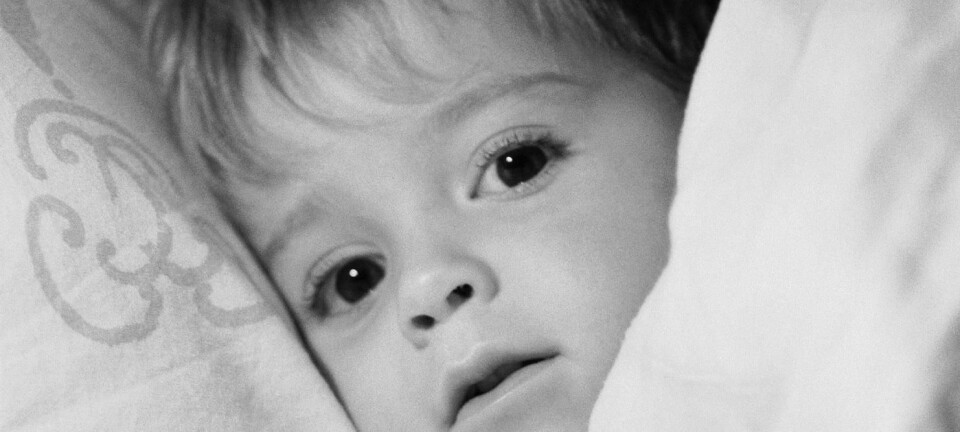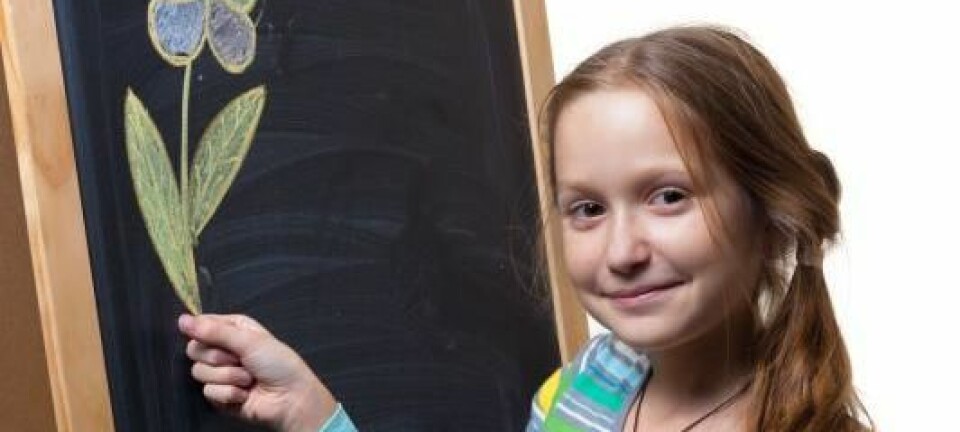
Learning in day care - is that what we really want?
Two-year-olds are now subjected to school-like learning. But is sitting still and neglecting playtime really the best thing for our children?
The focus on formal learning throughout the education system means that two-year-old children in crèches are now subjected to school-like learning, having to sit still and learn the names of colours, days of the week, numbers, and the alphabet.
In Denmark, the strong focus on testing and competition is now influencing the nation's smallest children to such an extent that core educational tasks are under strain.
Children can play in their free time
In 2012, a task force delivered a report on the future of day care institutions in Denmark. The report remarkably avoided mentioning the phenomenon of play, focusing instead on inclusion, and learning.
Play, the report said, was something children could enjoy in their free time, in other words, outside of day care. The report focused on learning instead.
"All children should become as capable as they can be," the mantra went. It is difficult to disagree with that, but how should we achieve this aim?
Children learn a lot in play without realising it
Time spent on formalised learning deprives children of play. When children play, they examine the world and practice putting things together in new ways. They play with language, their bodies, nature, shapes, colours, and laws like gravity and centrifugal force.
They train their imaginations and become more creative and innovative. They collaborate with others and gain awareness of what it means to give and take in a binding community.
They undoubtedly learn a lot -- they just do not realise it. Which is precisely the point. Because the purpose of play is not to learn anything outside play itself.
The purpose of play is to play -- To live in the moment and simply to exist.
Formal learning and measurable skills have made their mark
The debate that played out in the newspapers and on social media in Denmark represented two different fundamental attitudes.
One stance was that children should be allowed to be children; that the main thing was for them to immerse themselves in play and that the rest would come when they started school.
The other attitude was that there was no harm in a child having pride in being able to count to ten and that it was overly anti-competitive to hold them back if they wanted to learn.
Both attitudes are reasonable and probably founded in parents' day-to-day observations of their children.
But they do reflect that a specific discourse on formal learning and measurable skills has made its mark. Apparently also on the nursery teachers who attach greater importance to numbers, colours, and alphabet apps on kindergarten tablets than to fairy-tales, swinging, and purposeless -- though deeply meaningful -- fooling around.
Skills that are hard to measure are the most difficult to acquire
The things we sense and experience through play form the basis for many of the skills we will need later in life -- collaboration, innovation, courage, empathy, creativity, etc.
So when cramming to remember days of the week and letters of the alphabet we can only hope to learn, at best, the days of the week and the alphabet.
It is my conviction and empirical experience that most people learn the days of the week, but it is it is the complex and difficult-to-measure skills found through play, that are otherwise the most difficult to acquire and to maintain.
--------------
Read the Danish version of this article on Videnskab.dk
Translated by: Hugh Matthews









